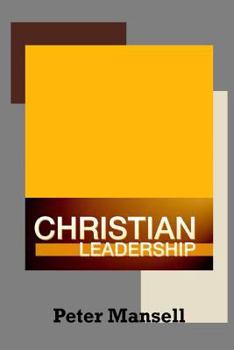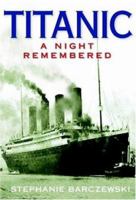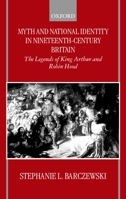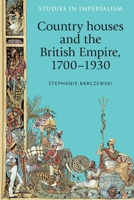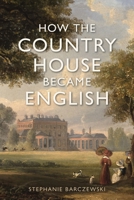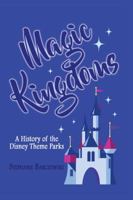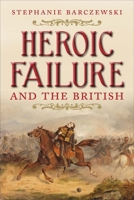Christian Leadership
Leadership plays a part in almost every activity of human life and Christianity is no exception but how is the concept of leadership ordained by God?In the very helpful publication, Peter Mansell draws on the Old Testament, the Gospels, the Acts of the Apostles and the Epistles to put before the reader a very comprehensive treatment of this subject.He deals with Church government and the methods of selecting Christian leaders. He considers ...- the responsibilities, - the risks and- the rewardsfor Christian leaders and has a most useful section on the responsibilities of Christians towards their leaders.
Format:Paperback
Language:English
ISBN:1783645121
ISBN13:9781783645121
Release Date:December 2018
Publisher:Open Bible Trust
Length:72 Pages
Weight:0.24 lbs.
Dimensions:0.1" x 6.0" x 9.0"
Related Subjects
HistoryMore by Stephanie Barczewski
Customer Reviews
0 customer rating | 0 review
There are currently no reviews. Be the first to review this work.











